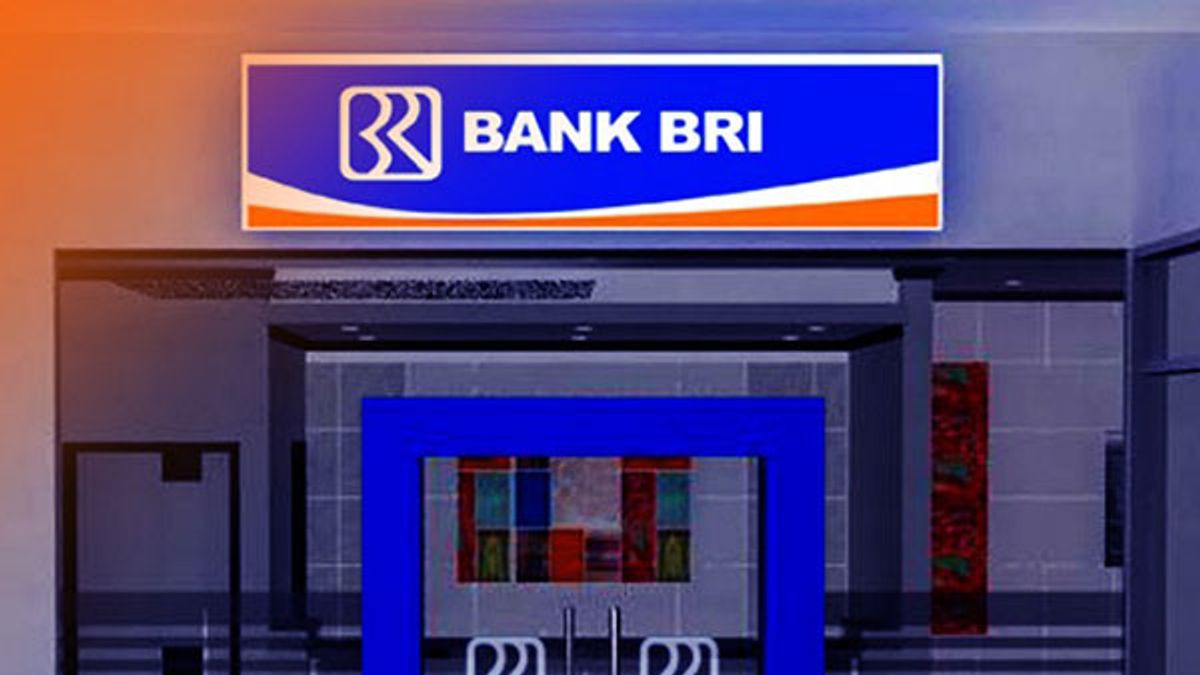JAKARTA - Anyone can become a banker today, you just need the right code. Global brands from Mercedes and Amazon to IKEA and Walmart are cutting out traditional financial middlemen and incorporating software from tech startups to offer customers everything from banking and credit to insurance.
For established financial institutions, warning signs of danger are starting to flash.
So-called embedded finance, a fancy term for companies that integrate software to offer financial services, is starting to erode the role of banks in providing loans.
For example Amazon can let customers "buy now pay later" when they check out of its store. Even Mercedes drivers can make their cars pay for their own fuel, as the company can embed loan applications on their cars.
Imagine what would happen if Telkomsel also provided loan services for its customers to pay bills in digital shopping applications. This can make banking competitive.
To be sure, banks are still behind most of those deals, but investors and analysts say the risk for traditional lenders is that they will be pushed further away from the front end of the financial chain.
That means they're going further and further away from the mountains of data that other people collect about their customers' preferences and behavior. This data can be crucial in giving them an edge over banks in financial services.
"Embedded financial services takes the concept of cross-sell to a new level. It's based on deep, software-driven continuous data relationships with consumers and businesses," said Matt Harris, partner at investor Bain Capital Ventures.
"That's why this revolution is so important," he said. "This means that all the good risk will go to embedded companies that know a lot about their customers and what's left will go to banks and insurance companies."
To date, many areas of embedded finance have barely diminished the dominance of banks and although some startups are licensed to offer regulated services such as loans, they lack the scale and deep pool of funds of the largest banks.
But if financial technology companies, or fintechs, can match their success in capturing some digital payments from banks then lenders may have to respond.
Stripe, for example, the payments platform behind many sites with clients including Google's Amazon and Alphabet, was worth $95 billion in March.
Alan McIntyre, senior banking industry director at Accenture, said that already Accenture estimated in 2019 that newcomers to the payments market had amassed 8% of revenue globally and that share had increased over the past year as the pandemic pushed digital payments and hit traditional payments. ..
"Big banks and insurance companies will be at a loss if they don't act fast and figure out where to play in this market," said Simon Torrance, founder of Embedded Finance & Super App Strategies.
Now the focus is shifting to loans, as well as digital lenders complete with a wide range of products that businesses can pick and choose to embed in their processes.
"Most consumer-focused companies will be able to launch financial products that will allow them to significantly improve the customer experience," said Luca Bocchio, partner at venture capital firm Accel. "That's why we feel good about this space."
So far this year, investors have poured $4.25 billion into embedded finance startups, nearly triple the amount in 2020, according to data provided to Reuters by PitchBook.
Klarna, the Swedish company that implements a buy now pay later program has now raised $1.9 billion and is a market leader in this business.
The English, Chinese, Japanese, Arabic, and French versions are automatically generated by the AI. So there may still be inaccuracies in translating, please always see Indonesian as our main language. (system supported by DigitalSiber.id)













